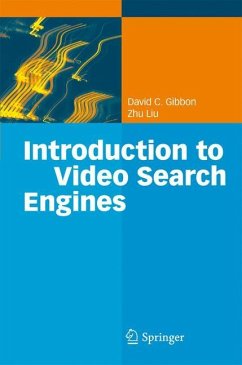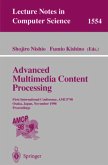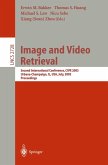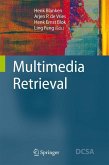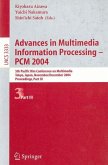The evolution of technology has set the stage for the rapid growth of the video Web: broadband Internet access is ubiquitous, and streaming media protocols, systems, and encoding standards are mature. In addition to Web video delivery, users can easily contribute content captured on low cost camera phones and other consumer products. The media and entertainment industry no longer views these developments as a threat to their established business practices, but as an opportunity to provide services for more viewers in a wider range of consumption contexts. The emergence of IPTV and mobile video services offers unprecedented access to an ever growing number of broadcast channels and provides the flexibility to deliver new, more personalized video services. Highly capable portable media players allow us to take this personalized content with us, and to consume it even in places where the network does not reach. Video search engines enable users to take advantage of these emerging video resources for a wide variety of applications including entertainment, education and communications. However, the task of information extr- tion from video for retrieval applications is challenging, providing opp- tunities for innovation. This book aims to first describe the current state of video search engine technology and second to inform those with the req- site technical skills of the opportunities to contribute to the development of this field. Today's Web search engines have greatly improved the accessibility and therefore the value of the Web.
From the reviews: "Gibbon and Liu attribute the growing importance of video search engine technology to the rapid growth of video on the Web and the ever-increasing speed of broadband access to the Internet. ... As the title suggests, this text ... provide a comprehensive treatment of the current state of such technology, and can serve as a reference tool for readers of all levels. Clearly, the applications of multimedia searches cover many disciplines, so this book should broaden many readers' perspectives." (R. Goldberg, ACM Computing Reviews, October, 2009)

